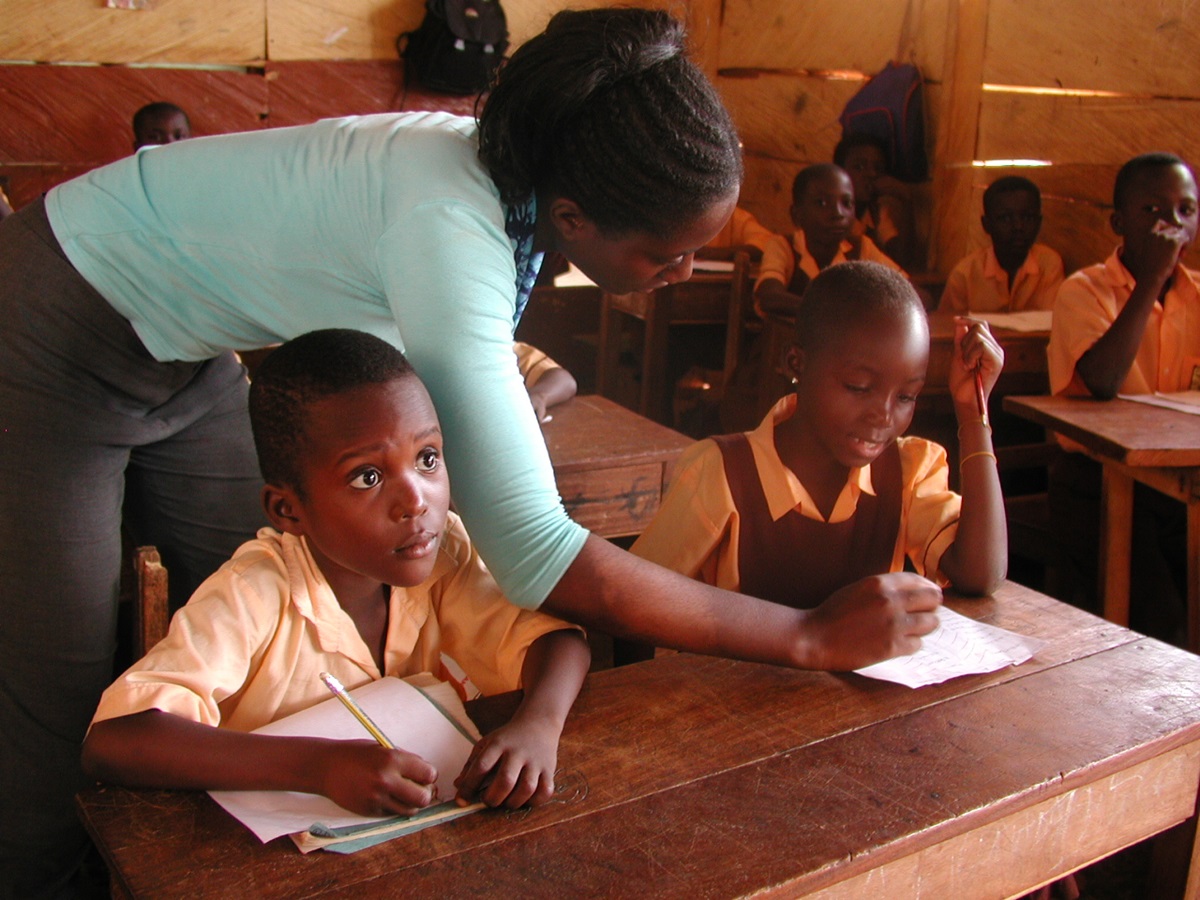
Inclusive education for all children
It is most gratifying that the Inclusive Education (IE) Policy, which will allow both able bodied children and those with disabilities and learning difficulties to study together in the same classroom, has finally taken off with its official launch in May this year.
Advertisement
This means that the current practice where children without disabilities go to regular or mainstream schools while children with disabilities (special needs) go to segregated or special schools will end. Under the inclusive education policy, both students will study in the same classroom. There would no longer be separate schools for people with disabilities and those without disabilities.
In every society there exist children and adults who live with various forms of disability. Some of these are the visually impaired, hearing impaired (both mild and severe), movement problems as well as those with learning difficulties.
Plans to implement the IE policy was announced in 2014 when the Ghana Education Service (GES) at a programme organised in Accra announced that from September 2015 academic year IE would be implemented in all public basic schools in the country.
Prior to that announcement, the policy had been piloted in 749 schools in 48 districts in the country. Some of the schools were the Ghana National Basic School in Cape Coast and the St Joseph Basic School at Bechem.
Mr Thomas Patrick Otaah, the Immediate Past Deputy Director of the Special Education Unit, explained that with the official launch, no head teacher can refuse to admit any child on the grounds of disability.
“If the child is for instance visually impaired, the head teacher must first accept and admit that person and then inform the Special Education Unit of the Ghana Education Service (GES) which will post a special teacher to assist that special child until such a time that he or she can be integrated into the school,” he explained.
What is Inclusive Education
The Head of the Special Education Department of the University of Education, Winneba, Dr Samuel K. Hayford, explained that IE involved changes in the way schools are organised (for example school buildings, the curriculum used as well as the method of teaching that would address the needs and abilities of both the disabled and able-bodied students).
Inclusive Education started in 1994 at a UNESCO conference on the subject. The UNESCO wanted a situation where there would no longer be a separate system of education for the disabled and a regular school for able children. Ghana was among the countries that signed this pledge.
How does IE work?
Explaining how the policy would work in the classroom, Mr Otaah said apart from the regular teachers for mainstream (able) students, there would be a special teacher to assist the visually impaired in the class.
“The hearing impaired would be provided with hearing aids to assist them to hear and understand what the teacher says,” he added.
Unfortunately, he said, the deaf would continue to go to special schools created for them due to the limited number of sign language teachers available in the country. “Unless we have enough sign language interpreters, they cannot be integrated,” he noted.
“The good news, however, is that the GES has directed the University of Education, Winneba, to train more sign language interpreters for this purpose,” he said.
Facilities in place
According to Dr Hayford, many teachers have undergone training in order to understand Inclusive Education.
He pointed out that school structures were also gradually moving away from the traditional style that catered only for able students to a universal design that enabled everybody, including those with disabilities, to move around without difficulty.
Mr Otaah also added that aside from the teachers, there had been several training programmes for head teachers, circuit supervisors, deputy director generals in charge of supervision ahead of the implementation of the IE programme.
On school infrastructure, he said the GES had begun to address the problem of making school buildings and classrooms accessible to those with special needs by constructing rumps. Where the classrooms are dark, “we are removing some of the iron sheets and replacing them with special ones called perspex, to throw in more light. We are also changing some of the designed windows to give way to wider ones with wooden frames to ensure that the classroom have enough light,” he added.
Why we should have Inclusive Education
Indeed, the implementation of Inclusive Education is crucial as it would enable majority of children to have access to education. Currently, there are only a handful of special schools for children with disabilities in the country. Besides, these special schools are non-existent in all the districts and regions of the country, which means that a lot of children with disabilities cannot be in school. The situation is, however, different from regular schools as they can be found in every corner of the country and, therefore, many disabled children would have the opportunity to attend the numerous schools in their communities with this new policy.
Dr Hayford buttressed the point that with the policy in place now children with disabilities would attend any school of their choice without any hindrances whatsoever.
He expressed the hope that the introduction of the policy would be successful, adding that “every child has the right to attend the school in his or her village, so the village school should also be transformed in order to cater for the needs of children with disabilities in that community. Let us not say it will not work. In terms of learning, there is nothing like special schools,” he stressed.
Apart from instituting this policy, it is imperative that parents and all communities are sensitised to understand the essence of the policy so that there would be total support for it to ensure that children with disabilities are not locked up in their homes but are sent to schools which would warmly accept them and assist them in their education and development.



